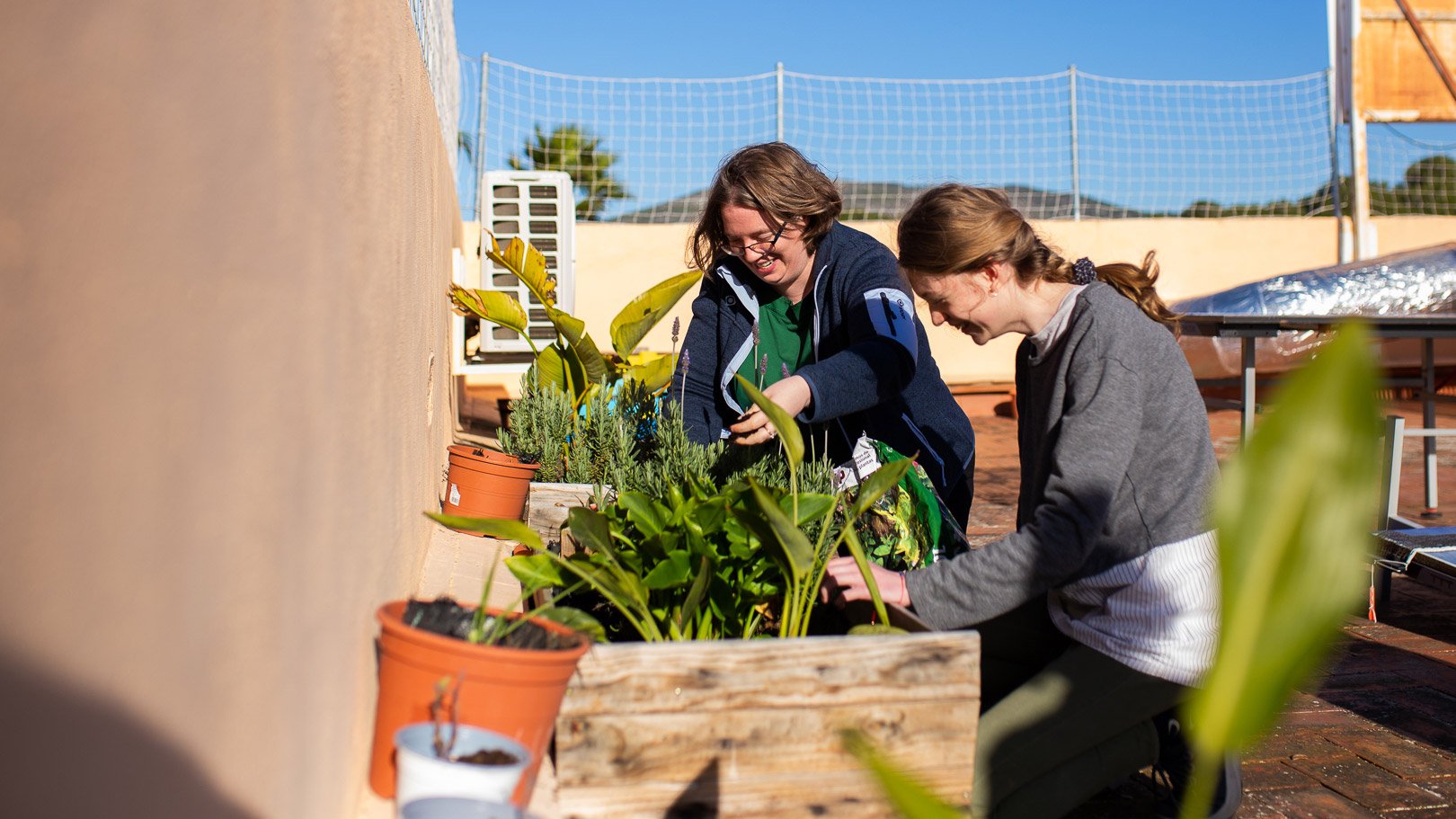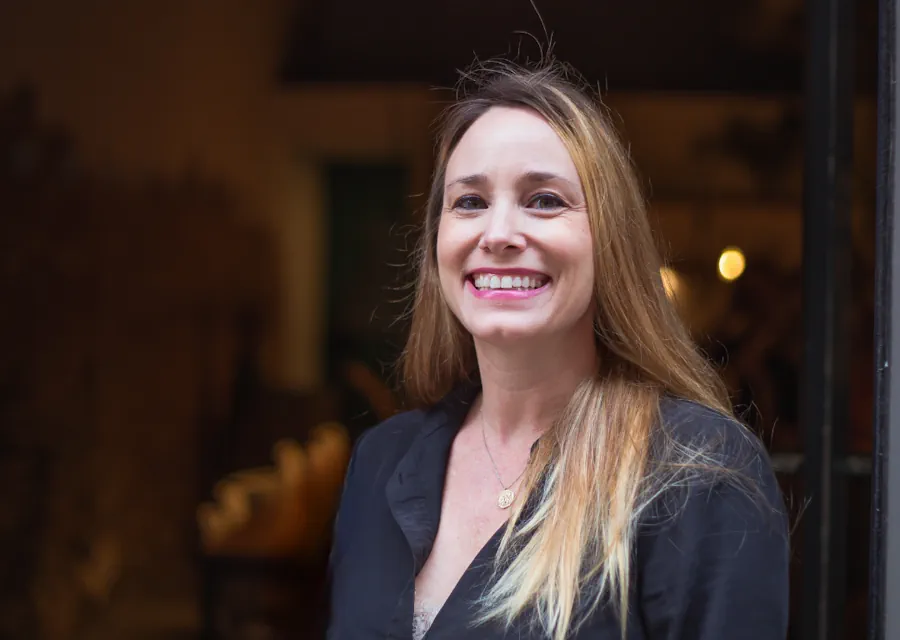Written by Melissa Leighty, Education Content Specialist at Learnlife
Many adults today were educated in systems where teaching meant standing at the front of a classroom, delivering content, and managing behaviour. When educators trained, they were often shaped by that same model — learning how to cover curriculum and maintain control rather than how to cultivate curiosity or agency.
But something important has been shifting.
Across the world, educators are beginning to unlearn parts of that traditional role and rediscover something deeper: that learning is relational, evolving, and shared. As educator Leslie Owen Wilson beautifully expressed, many enter teaching thinking they will shape others — only to find themselves transformed in the process.
At Learnlife, we see this every day. Learning Guides often describe their journey not as learning to teach differently, but as learning to see learning differently. And for families, this shift matters — because the role of the adult profoundly shapes the experience of the child.
Why the Role of Educators Is Changing
For generations, schools were designed for predictability. Knowledge was fixed, subjects were separated, and success followed a prescribed path. Educators delivered information; learners absorbed it.
That model made sense in a more stable world.
Today’s children are growing up in what is often described as a VUCA world — volatile, uncertain, complex, and ambiguous. The future they face will require adaptability, judgement, creativity, collaboration, and self-direction.
In this context, the purpose of education expands. It is no longer only about transferring knowledge, but about helping young people become capable, self-aware learners who can navigate change.
This means the role of educators must evolve too.
Rather than standing in front as instructors, adults increasingly act alongside learners — guiding, questioning, and supporting. Because in a complex world, we do not need more followers. We need individuals who can think and act with confidence and responsibility.
The Changing Role of Teachers in the Age of AI and Unlimited Information
_resized.jpg?width=2560&height=1707&name=LearnLife%20(14%20of%20209)_resized.jpg)
There was a time when teachers were the primary source of knowledge. If you wanted to know something, you needed a book, an expert, or a classroom. Not knowing often meant waiting.
That world has changed — and it continues to change rapidly.
Today, children grow up with immediate access to information. Facts are searchable, explanations are abundant, and increasingly, answers can be generated by intelligent tools. Knowledge is no longer scarce, and educators are no longer gatekeepers to it.
This shift transforms the purpose of education.
When information is always available, learning cannot focus mainly on delivering content. What matters now is helping young people understand, question, and use knowledge wisely. Children need to learn how to evaluate what is trustworthy, connect ideas across disciplines, apply understanding in real contexts, and think critically alongside digital and AI tools rather than depend on them.
In this environment, knowing facts becomes less important than knowing how to think.
These capacities — critical thinking, information literacy, judgement, creativity — do not develop through transmission alone. They grow through inquiry, dialogue, experimentation, and reflection. This is why the adult role shifts from providing answers to cultivating questions, and from delivering knowledge to developing thinking.
At Learnlife, this is the essence of the Learning Guide role. Adults are not positioned as authorities who hold information, but as partners who help learners navigate an information-rich world with discernment and confidence. Learners are encouraged to research, question sources, compare perspectives, and reflect on how knowledge is created, including when working with AI tools.
Because the future will not depend on how much information young people can access. It will depend on how wisely they can use it.
Supporting Learners in a Complex, Connected World
Today’s children are growing up in a world far more connected than any generation before them. They encounter diverse cultures, perspectives, and identities daily — both physically and digitally.
With this comes new questions about belonging, equity, responsibility, and voice.
In such a world, learning cannot remain static. Educators themselves must continue to listen, grow, and adapt alongside learners. When adults model curiosity, humility, and openness, children learn that growth is lifelong.
When adults resist change or complexity, learning narrows.
The modern role of educators therefore includes something deeply human: creating spaces where learners feel seen, heard, and empowered to explore who they are becoming.
Learning Beyond the Classroom Walls

Another important shift in modern education is recognising that meaningful learning does not only happen inside school. Children learn continuously — through relationships, experiences, environments, and personal interests — both within and beyond formal learning settings. A child might develop collaboration through a group project, perseverance through learning a new skill at home, or curiosity through exploring nature or a personal passion. As our understanding of learning deepens, education increasingly values this broader perspective, often described as lifelong and lifewide learning.
Learning Guides support this by helping learners build confidence in their abilities, develop a growth mindset, reflect on their experiences, connect learning across different contexts, and recognise their own agency in shaping what and how they learn. For example, a learner might link a personal interest to a project, reflect on challenges encountered during a real-world activity, or recognise how skills developed in one context can transfer to another.
When this happens, children do not leave education as products shaped for a single path. They leave as individuals who understand themselves and feel capable of shaping their futures.
A Different Kind of Adult Role
Many Learning Guides at Learnlife describe their transition from traditional systems as a process of unlearning — letting go of control, certainty, and the idea that teaching means directing.
Families often notice a similar shift in their children. Learners arriving from conventional schools gradually adapt to an environment where they are invited to make choices, explore interests, and develop their own sense of purpose.
The adult role here is different. It is not less important; it is more intentional. Adults guide rather than instruct, listen as much as they speak, and support rather than direct.
This is the direction in which education is evolving globally. And for those educators ready to grow into this role, there is space to do so.
Growing as a Learning Guide
The role of educators is changing — from delivering content to developing people, from managing classrooms to cultivating learning.
At Learnlife, we call this role a Learning Guide: an adult who supports autonomy, wellbeing, and real-world learning, helping learners discover ikigai along the way. For those who feel drawn to this way of working with young people — and to growing alongside them — there is a place to explore that journey.
To those ready to unlearn and lead differently, discover opportunities to grow as a Learning Guide at Learnlife.
Written by


_resized%20(edited)-1.jpg?width=1000&name=LearnLife%20(37%20of%20209)_resized%20(edited)-1.jpg)